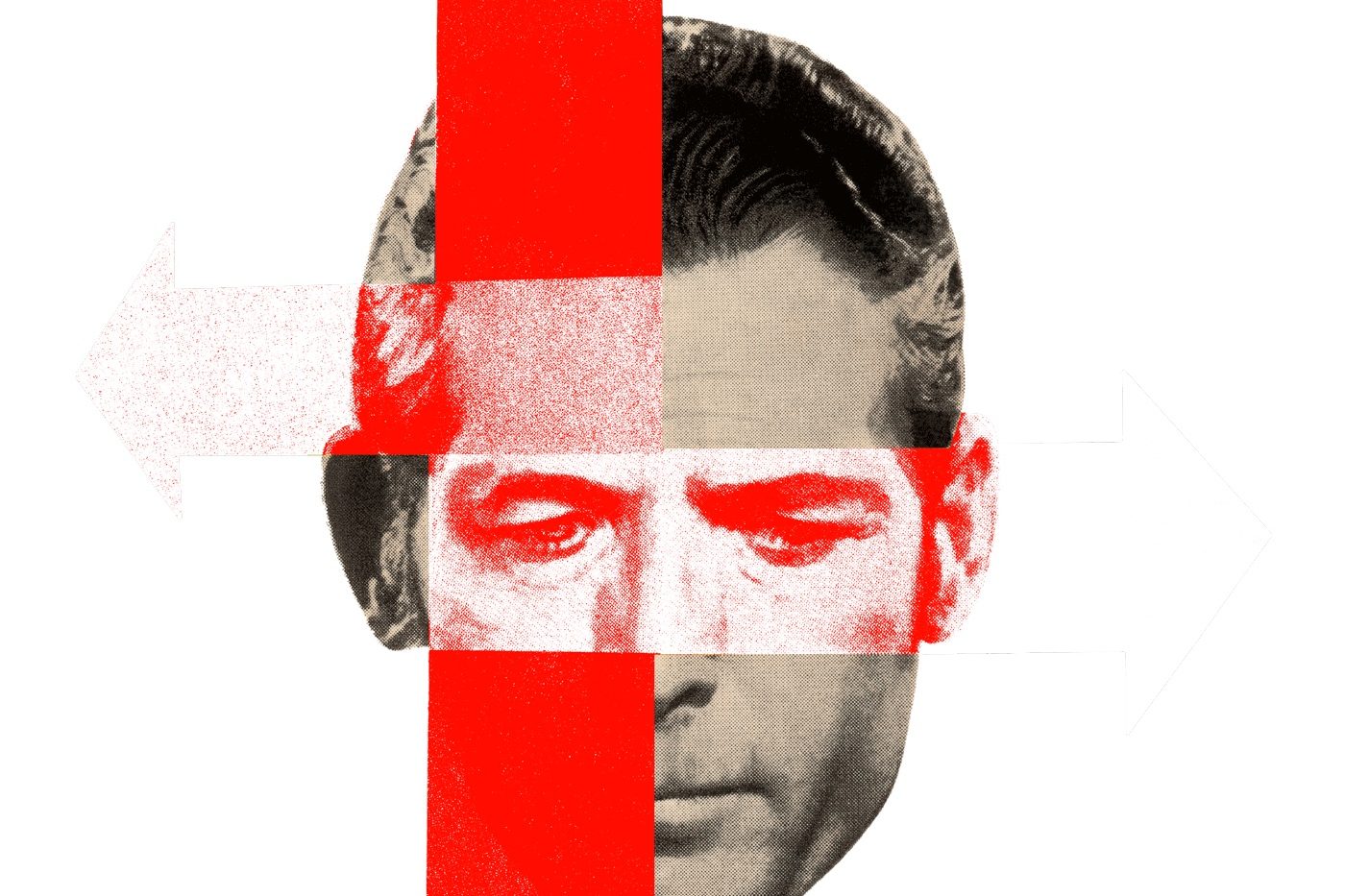I used to be a terrible grump who would rant and rage against the 1,001 irritations of modern life. And then one day I decided life was too short to be permanently enraged by everything and everyone.
“These kind people simply want to share their music with me! How thoughtful!”
For grumpy me, the sound of other people’s music in public spaces was agony. I’d seethe at the outrageous selfishness of such people. My quiet walks through the park would be shattered by the BOOM-BOOM-BOOM blast of music from a passing cyclist. And I’d shout: “Thanks for sharing your terrible taste in music!”
The new, cool me reacted differently. “These kind people simply want to share their music with me! How thoughtful!”
There was a time when the daily sight of three or four rental bikes sprawled on the pavement would lead grumpy me to a wave of exasperated sighs and disapproving tuts. But calm me said: “Don’t get cross, just pick up the bikes.”
And when grumpy me got a blast of vape smoke in the face from the selfish git standing right in the middle of the pavement, I’d retaliate with a sneery look and a sarcastic: “Thanks for that!” The calm me thinks: “Chill! This is the nature of city life. Don’t make such a big deal out of it.”
Eventually, I became so calm that I could face dog poop on my front steps (I don’t have a dog) or a discarded mattress propped up against my railings without instant rage or one of my crazy inner rants about the moral decay of the modern world. So calm and Zen had I become I could even sit and endure those repetitive phone hold messages assuring me that “my call would be answered soon” for up to fifteen minutes. I would time myself.
At last I was free from Life Rage. I didn’t yell at the Today program or people who said “no problem.” The exhaustion that comes with continual exasperation was gone. I was happy. I was content.
And then I cracked. Out came my repressed grump — angrier than ever before.
I was on a bus when suddenly a loud blast of rap music filled the air. I tried to ignore it. I did my breathing exercises, my Buddhist chanting and my mindfulness practice. It was starting to work. I was growing calmer when suddenly the music got louder and louder.
This wasn’t a case of someone playing music to themselves and the peace of fellow passengers was just collateral damage. No, this was clearly a deliberate public broadcast for everyone to hear.
I waited for other passengers to protest but they remained silent. So I got up and went to search for the culprit. I expected to find some thuggish teenager. Instead, I found a clean-cut middle-aged man — he looked a bit like Donald Pleasence — in a baseball cap. “Excuse me, sir,” I said. “Would you mind terribly turning that down a bit?”
“Yes, I would be happy to.”
Calm me: see? All you have to do is be polite. This idea that people who play music on public transport are all inconsiderate is simply wrong!
And then the perpetrator said: “I will turn it down if you accept Jesus Christ as your savior.”
“Excuse me?”
“Have you accepted Jesus Christ as your savior?” he asked.
“This isn’t about Jesus or salvation,” I said.
“It is… listen.” And he held up his phone.
I realized that he was playing Christian rap music — Gangsta’ Gospels — in the hope of converting the entire bus. We got into an argument about Jesus, salvation; about having consideration for other people and the need for civility in the public realm. I again asked him to turn it down. He refused and that’s when I snapped and yelled: “Look, just turn the music down, you selfish prick!”
He gave me a little smile of triumph and said: “Where’s your precious civility now?”
I decided it’s time to give up being Zen and become grumpy again; to fight back and reclaim the public space for everyone and not a selfish few. We’ve come to accept the unacceptable. Consider the irritation of cyclists on the pavement. When it first started happening it made us angry; now it’s just another irritant we’re expected to put up with. The same is true of the way we accept loud music and phones in public spaces. Rarely does anyone speak out against it any more.
There’s no point in saying anything: the noise-makers have won and all we can do is suffer in silence
Part of the problem is that we think there’s really no point in saying anything — the noise-makers have won and all we can do is suffer in silence. Another factor is that people fear being seen as bossy, interfering busy-bodies. But such people were often a force for social good.
Where have the bossy busy-bodies gone? In 2020 a petition at change.org to get cyclists off the pavements was set up by the Pedestrian Safety First pressure group and it only got 137 signatures. A petition to parliament to get loud music on public transport banned received just ten signatures.
You might think, given the perilous state of the world, to complain about micro-irritations is a bit pointless. But these small things are what most of us have to deal with all the time in our daily lives — it’s the small things that determine the quality of our days often more than the big events of the headlines.
If we all shut up and remain infinitely calm and tolerant, we in effect have given up trying to keep the public realm a civilized space. It’s time for all of us to take a stand and become grumpy.
This article was originally published in The Spectator’s UK magazine. Subscribe to the World edition here.


























Leave a Reply